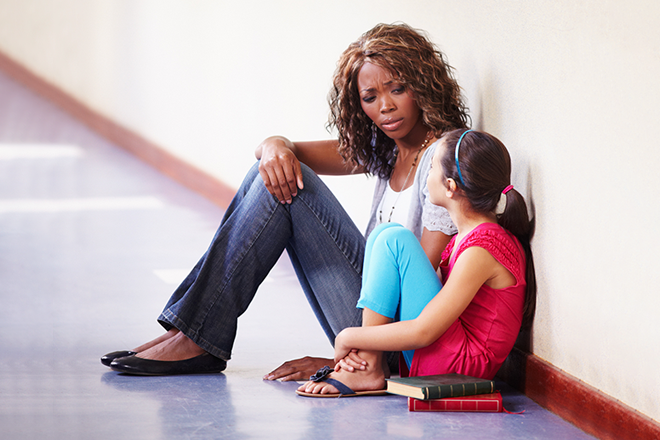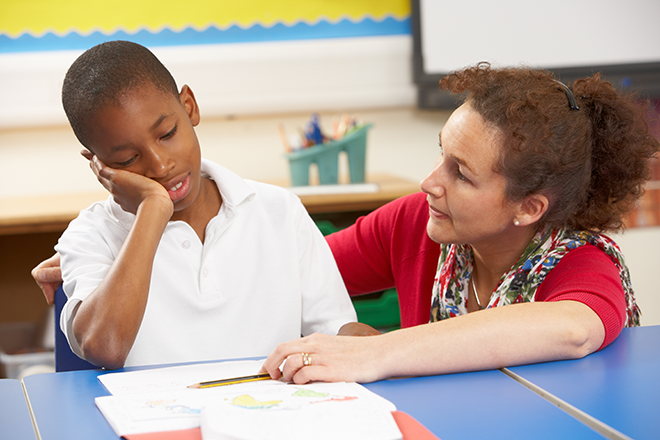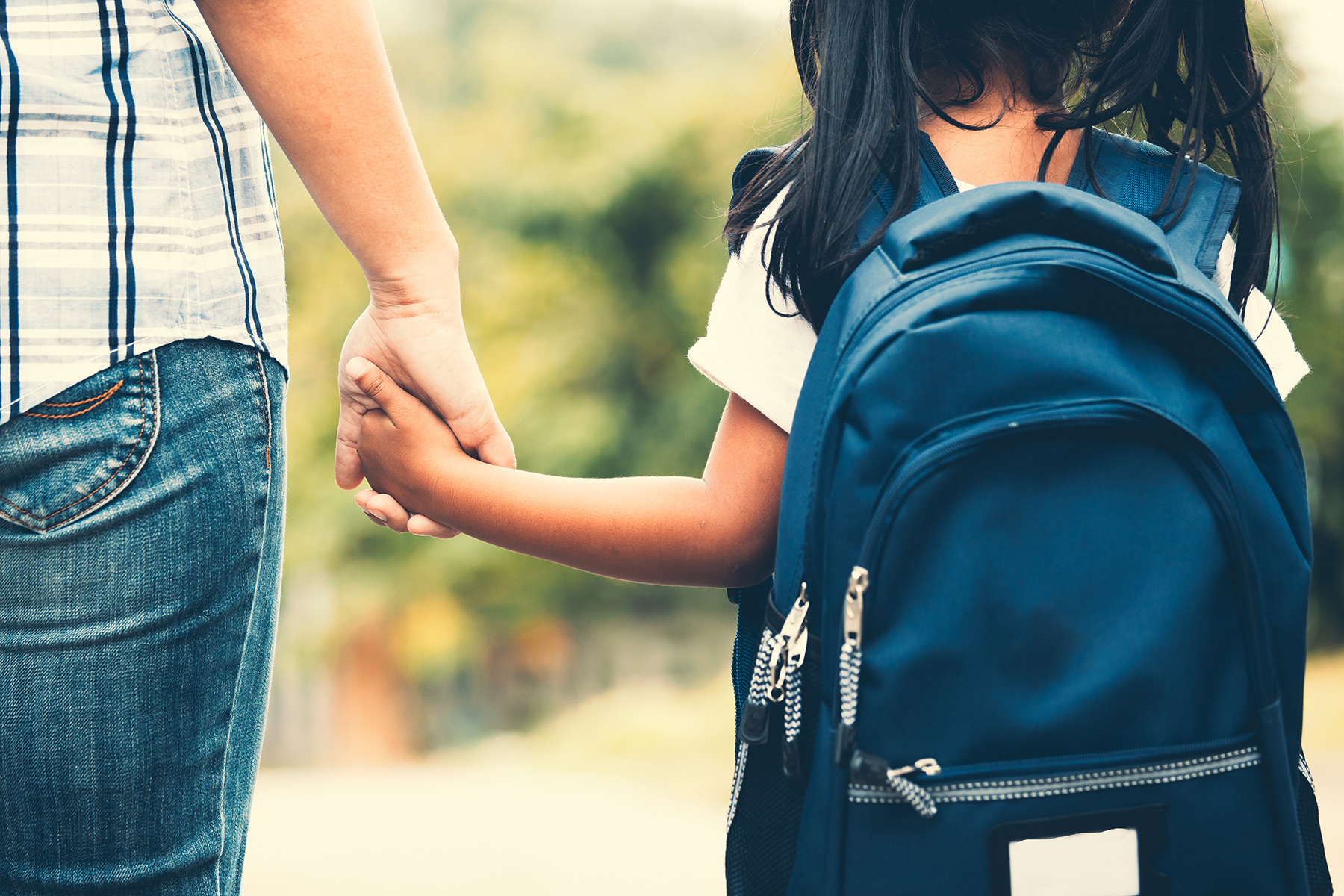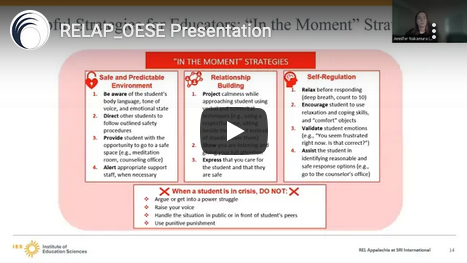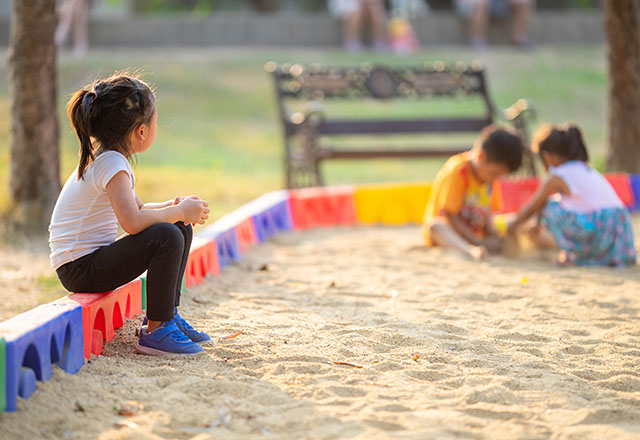(NASP 2022) This presentation described results from an effectiveness study of the Tools for (NASP 2022) Getting Along (TFGA) social problem-solving program. Findings show robust positive effects of TFGA on social–emotional and behavioral outcomes of Grade 4 students in geographically and demographically diverse areas.
(SREE 2021) This presentation described results from an effectiveness study of the Tools for Getting Along (TFGA) social problem-solving program. The findings from this effectiveness study indicate that the TFGA program has robust positive impacts across student demographics, geographic locales, and socio-economic levels.
The COVID-19 pandemic has been a stressful and even traumatic time for many students. Educators need to be equipped with tools to identify and support students who have experienced trauma. This video provides an overview of common trauma symptoms that students may exhibit and identifies preventative strategies to support all students and targeted strategies to support students in crisis. It also highlights other resources to support a school-wide trauma-informed approach.
After a turbulent 2020-2021 school year, it is more important than ever that educators have feasible and effective options to support students’ foundational social-emotional skills. Prior studies have found that students who participate in social-emotional learning (SEL) programs improve their behavioral and academic functioning and reduce their challenging behaviors.1 When selecting an SEL program, educators … Continue reading Social-Emotional Learning Program Study: Tools for Getting Along
Did you know? The recent influx of federal COVID-19 relief funds provides an opportunity to fund early childhood educational mental health supports and services!
State agency leaders and early childhood educators can use infant and early childhood mental health consultation (IECMHC) to meet children’s social and emotional needs during and beyond the pandemic.


